Spring Health Assessment 2020
Between February 28th and March 1st, a total of 341 turtles (45 adults in the breeding population and 296 captive hatched animals) were assessed at the Hicatee Conservation and Research Center (HCRC). The primary purpose of the spring health assessment was to perform a basic exam of the overall health of the captive population at the HCRC, to look for follicles and eggs in breeding-size females and to PIT-tag animals.
Ultimately, we would like all turtles at the HCRC to be identified using a scute notching system and also a Passive Integrated Transponder (PIT) tag. A PIT tag is a small radio transponder that contains a specific code, which allows individual turtles to be assigned a unique 10 or 15 digit alphanumeric identification number. Unlike acoustic tags that actively send out a signal, they are “passive” and do not require a battery. Rather than the tag transmitting a signal, the tag scanner (or reader) sends out a radio frequency and when a tag is within range, it will relay the identification code back to the receiver. The lack of a battery is the greatest advantage of the PIT tag since it allows for the production of much smaller tags that can be used on smaller organisms, which should last the life of the turtle.
As in past assessments, two days were dedicated to measuring, giving health checks and ultrasounds to adult and subadult turtles. A day and half was dedicated to PIT-tagging all of the captive born turtles in the 2018 cohort as well as the ones from the 2017 cohort that had yet to be tagged.
We were thrilled to have a great group of return volunteers from last year’s spring assessment, as well as new participants from Jacksonville Zoo, Belize Wildlife and Referral Clinic, and recent graduates of Independence Junior College in Belize. The team worked tirelessly over three days to ensure that every turtle received the attention it needed.
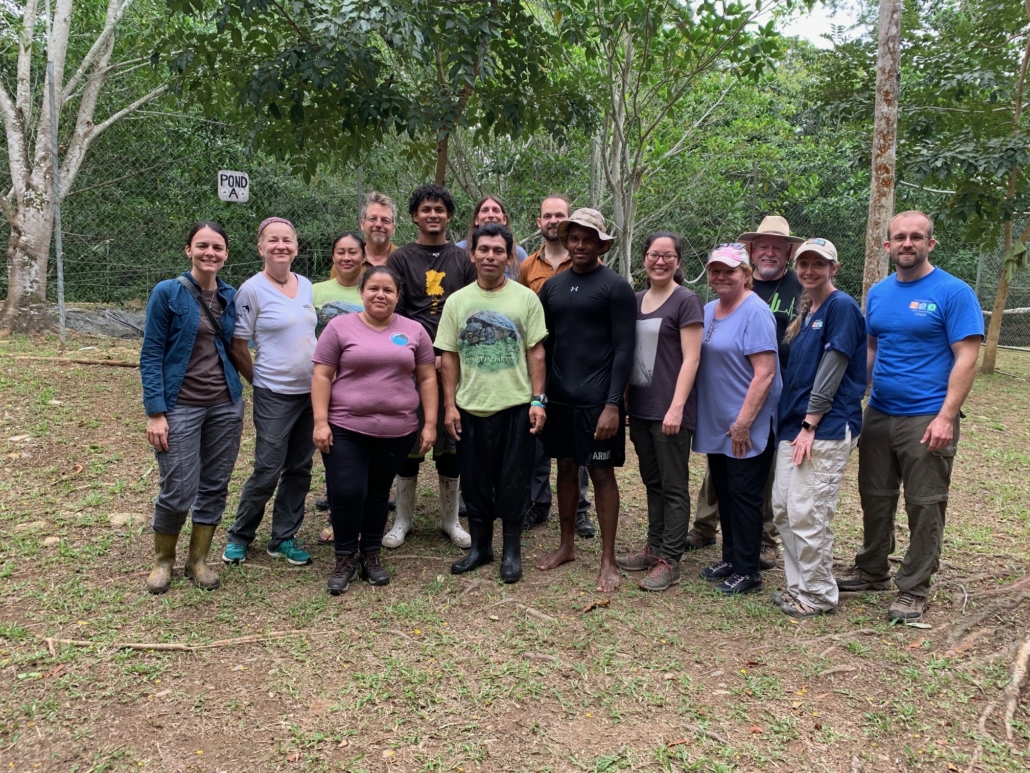
We were grateful to receive support and assistance from the following participants in our spring health check: Dr. Isabelle Paquet-Durand, Veterinarian at Belize Wildlife and Referral Clinic (BWRC); Glendy Delcid, BWRC; Cayle Pearson, Supervisor of Herpetology, Jacksonville Zoo and Gardens; Meredith Persky, Veterinarian, Jacksonville Zoo and Gardens; return volunteers, Doris Dimmitt, Rodney Dimmitt, Tim Gregory, and Emily Gregory; and new volunteers, Jesse Rope, Jonathan Dubon and Ajay Williams
We would like to express our gratitude to Jacksonville Zoo and Gardens for their continued financial support spring health assessments at the HCRC and to the Turtle Survival Alliance for supplying the PIT tags and associated equipment. Finally, a special thanks is in order to Doris and Rod Dimmitt for supplying Tom Pop with new waders to keep him warm and safe from leeches!

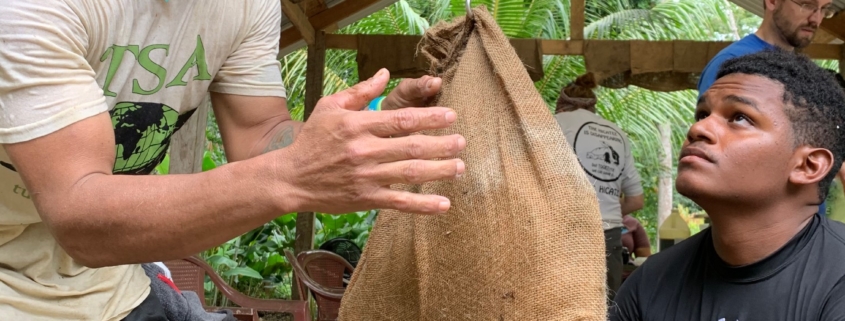
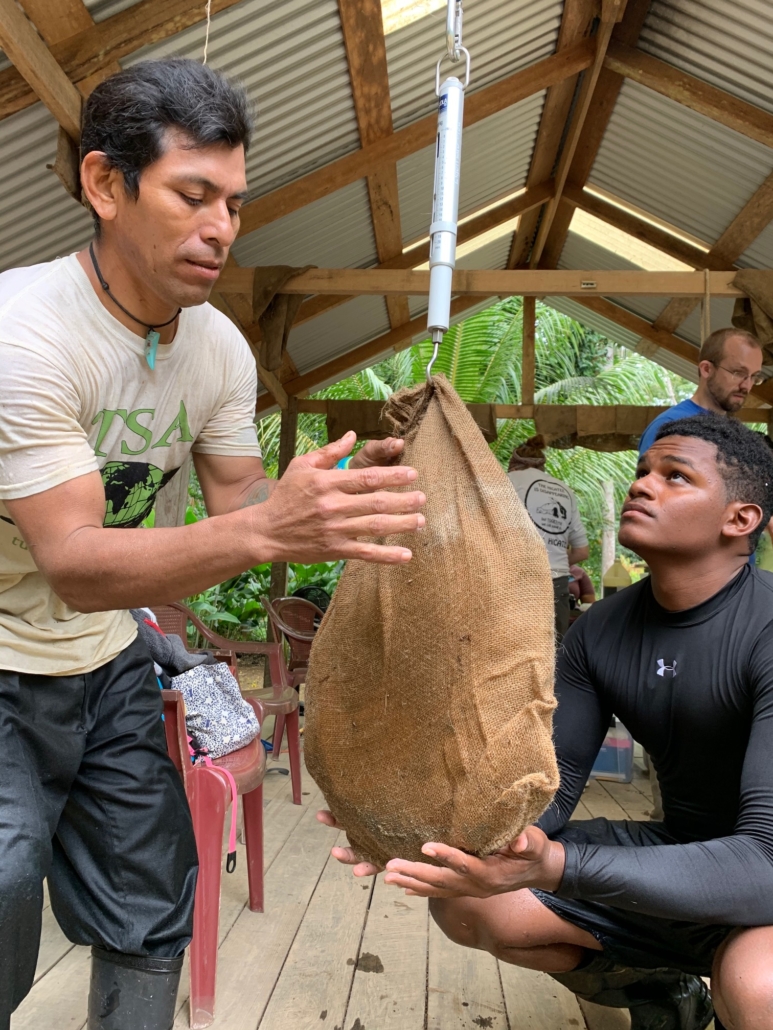


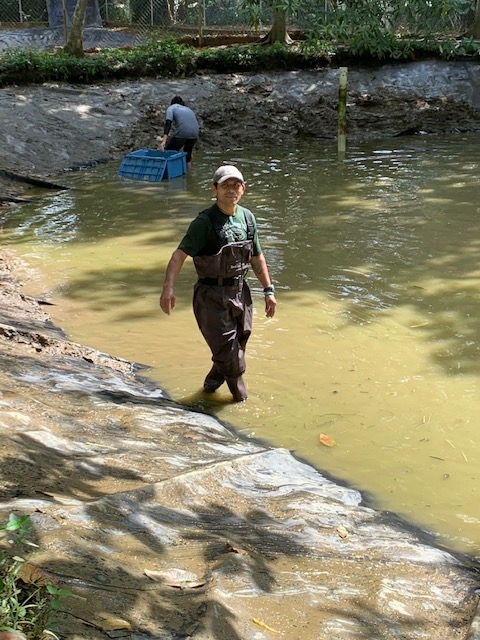
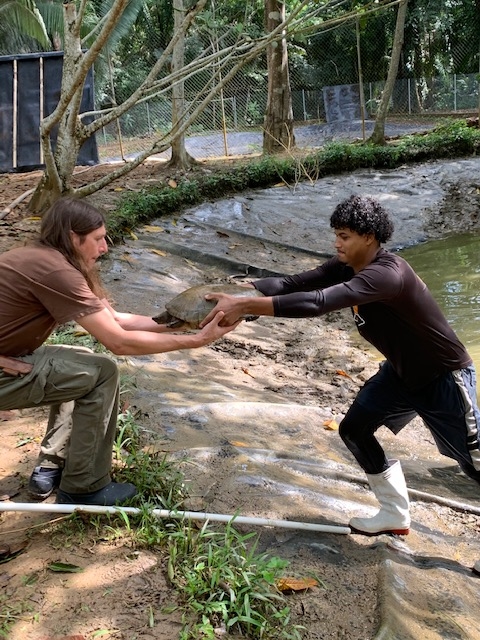
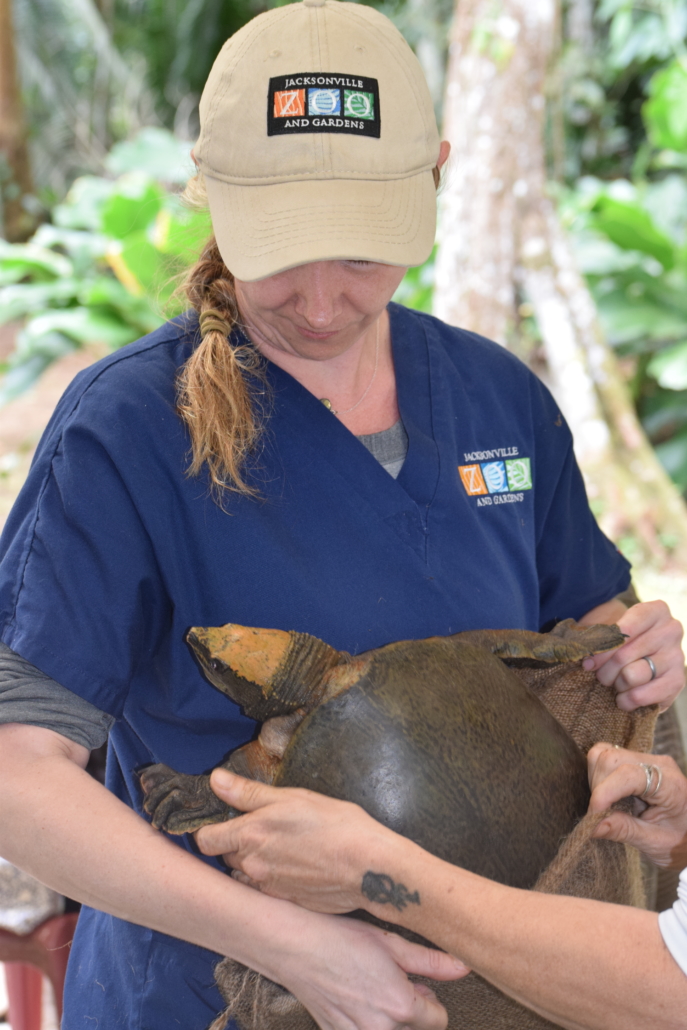
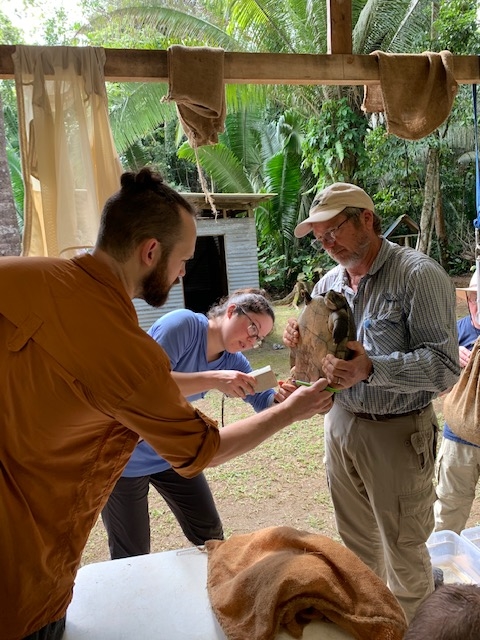
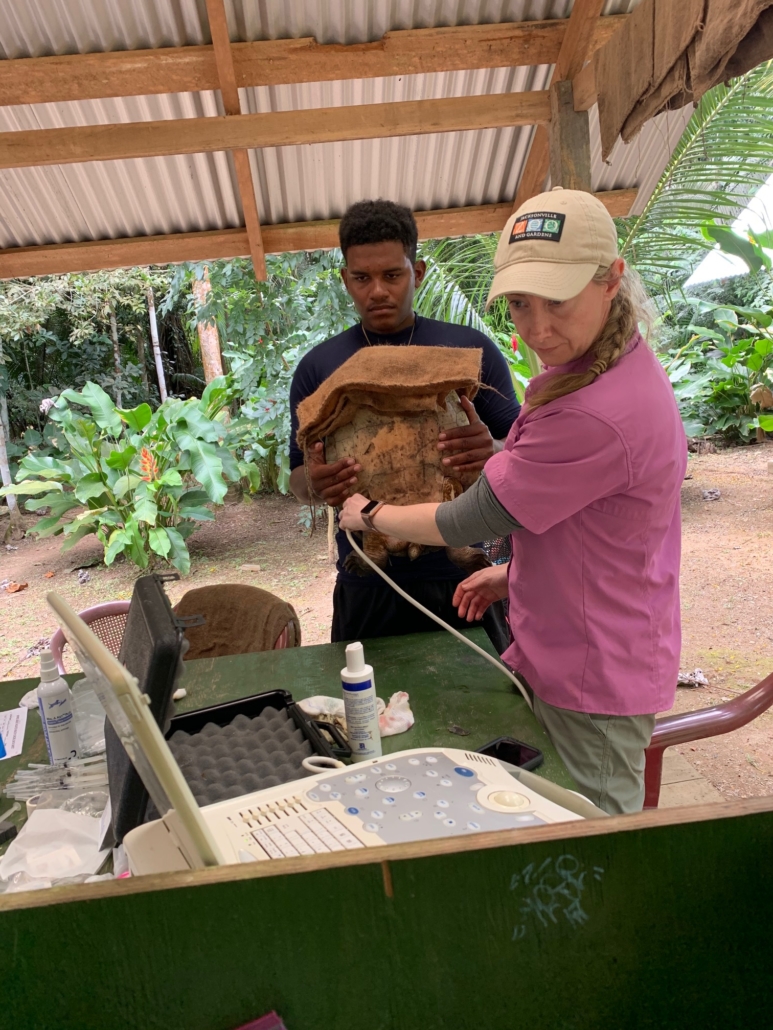
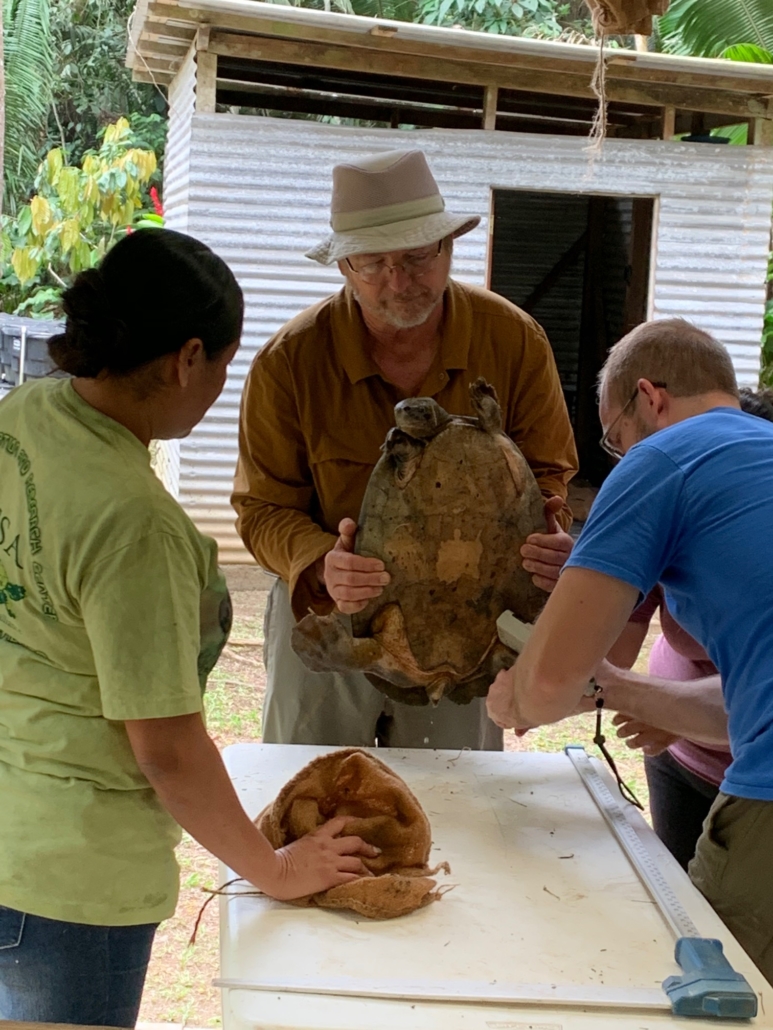

Leave a Reply
Want to join the discussion?Feel free to contribute!